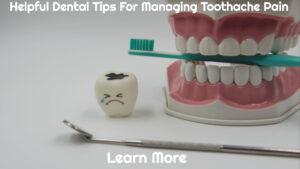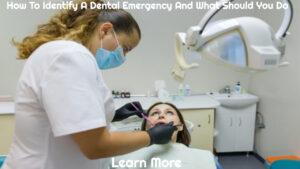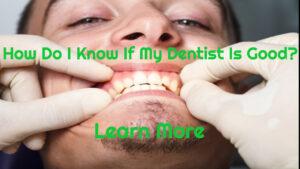Halitosis – Solutions for Bad Breath
Most people are hesitant to bring up the subject of halitosis. Despite the fact that it is a widespread problem, it is not anything you should be ashamed of. Many people believe that poor breath indicates a bad lifestyle, however, this is not true. We explain what halitosis is and what you can do about it in this article.
What Is Halitosis?
Halitosis, often known as foul breath, occurs when a person's mouth emits an unpleasant odor. While it is not a serious medical problem in most cases, it can be unpleasant and cause social anxiety. Halitosis is a distressing disorder that can affect anyone. However, if you have persistent foul breath, your dentist can provide treatment options.
What Causes Bad Breath?
If you've discovered that you have persistent foul breath, you may be wondering why. There are numerous potential causes of foul breath, and once identified, you can address the issue. The most common reasons of foul breath are dental and gum disorders, although some can also be caused by underlying medical conditions. Furthermore, certain foods contribute to poor breath. Furthermore, smoking, tobacco products, and excessive alcohol use can all create bad breath.
Poor Oral Hygiene
Poor dental hygiene is frequently the root cause of bad breath, as plaque and germs can accumulate on the teeth and tongue, generating an unpleasant odor.
Periodontitis
Gum disease is another possible reason for bad breath. Gum disease occurs when your gums become inflamed and infected. As a result, poor breath is a common sign of gum disease. Gum disease develops when plaque accumulates on the teeth.
Medical Conditions
Dry mouth, GERD, sinus infections, and diabetes are all medical disorders that can produce bad breath. Assume you've been snoring, using certain medications, or are simply prone to sinus problems. In that situation, you may be suffering from a medical problem that is causing your breath to stink. In addition, some people suffer from persistent dry mouth as a result of diseases or difficulties with the salivary glands. To be sure, consult your doctor, who can undertake a halitosis evaluation.
Certain foods might also contribute to bad breath.
Garlic and onions, for example, are known to create bad breath. Bacteria in the mouth degrade food particles and emit compounds that cause bad breath. As a result, thorough brushing and flossing are required to eliminate particles and bacteria from the mouth.
How Is Halitosis Detected?
Bad breath, or halitosis, can be unpleasant and frustrating. However, determining the source of halitosis might be difficult. A visit to your dentist or oral hygienist is the best way to identify halitosis. They will be able to check your mouth and teeth to determine whether you have gum disease or tooth decay. If the dentist rules out these possibilities, they may advise you to contact a doctor to rule out any other potential reasons for bad breath.
What Is The Treatment For Halitosis?
Treatment for halitosis is determined by the underlying cause. For example, if the cause is poor dental cleanliness, the treatment is to improve oral hygiene habits. Brushing and flossing teeth more frequently, as well as using a tongue scraper and mouthwash, are all examples of good oral hygiene routines. If the reason is a medical illness, the treatment will focus on treating the underlying condition. For example, if the cause is sinus infections, antibiotics will be prescribed. The best approach to treat bad breath is to see your dentist, who can diagnose the cause and recommend treatment alternatives.
How Can I Avoid Halitosis?
You may prevent halitosis by brushing and flossing on a regular basis, using mouthwash, and avoiding specific meals. Here are a few tips to help you avoid halitosis or foul breath:
Brush your teeth twice a day and floss once a day to maintain proper oral hygiene. Brushing and flossing your teeth will aid in the removal of food particles and bacteria from your mouth. Before going to bed, scrape your tongue to remove any bacteria buildup and rinse your mouth with an alcohol-free mouthwash.
Avoid foods that contribute to foul breath, such as garlic, onions, sugary foods, and alcoholic beverages. Quitting smoking will also help you eliminate foul breath and avoid any tobacco products.
Keep your mouth hydrated and your saliva moving by drinking plenty of water.
Bad breath is a very prevalent issue. It can be caused by a variety of factors, including poor dental hygiene and the bacteria that live in your mouth. If you have foul breath, it is critical to understand the causes in order to identify the best course of therapy.
Brought To You By: Aria Dental of Annapolis
The post What To Know And Do About Halitosis Or Bad Breath appeared first on https://arquiaca.org
The post What To Know And Do About Halitosis Or Bad Breath appeared first on https://wookicentral.com
The post What To Know And Do About Halitosis Or Bad Breath appeared first on https://gqcentral.co.uk







